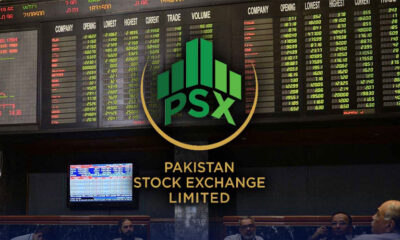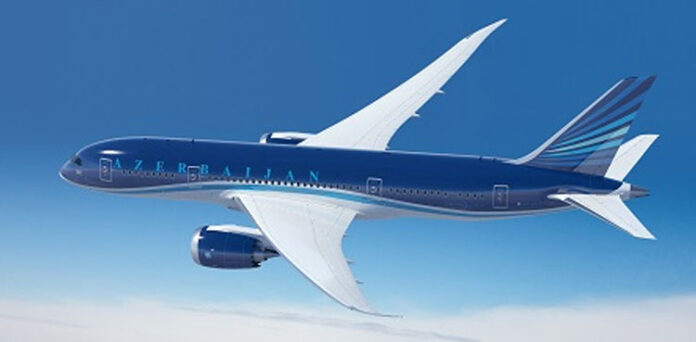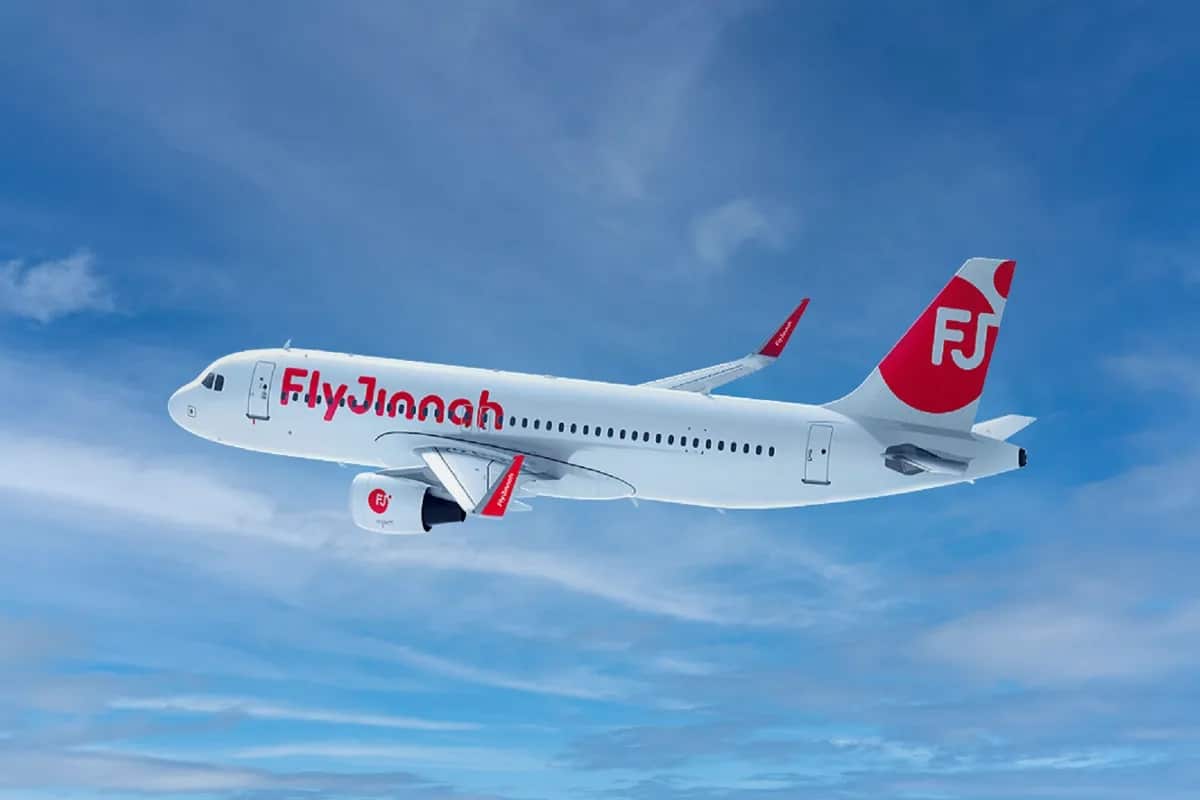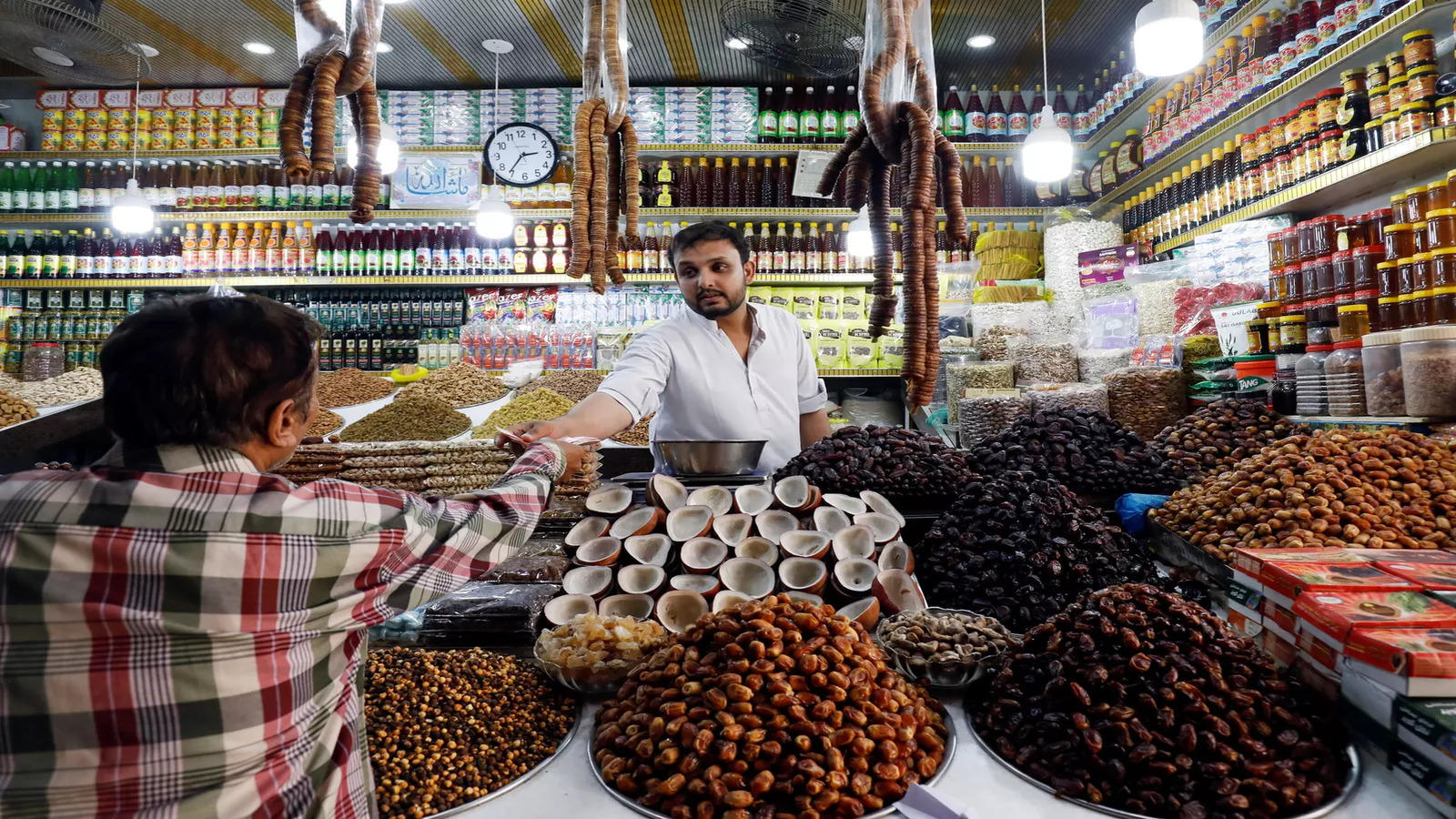Business
Petrol price in Pakistan reduced by Rs10
-
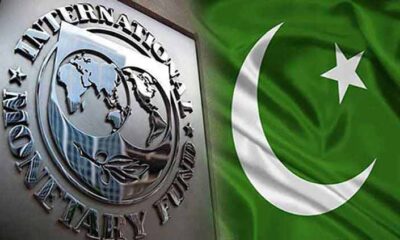
 Latest News1 day ago
Latest News1 day agoPakistani reforms discussed by IMF chief and finance minister
-

 Education3 days ago
Education3 days agoThe chemistry and English papers for intermediate students in Lahore have been postponed.
-

 Business3 days ago
Business3 days agoHuge investment potential exists in the telecom and IT sectors. Shaza Fatima
-

 Business3 days ago
Business3 days agoWB pledges complete support for changes aimed at stabilizing Pakistan’s economy.
-

 Latest News3 days ago
Latest News3 days ago32 fatalities and 41 injuries were reported in Khyber Pakhtunkhwa due to the heavy downpour.
-

 Latest News3 days ago
Latest News3 days agoI will resign from office if the new roti pricing cannot be implemented. The Gandapur
-
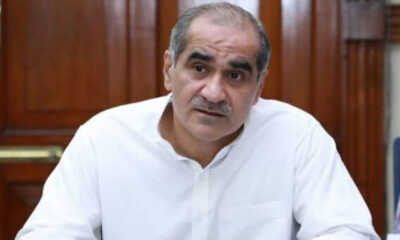
 Latest News1 day ago
Latest News1 day agoSenior PML-N leaders want the X ban lifted.
-

 Latest News3 days ago
Latest News3 days agoNAB clears Nawaz Sharif in the Toshakhana case




